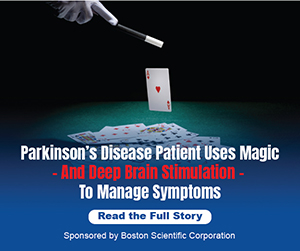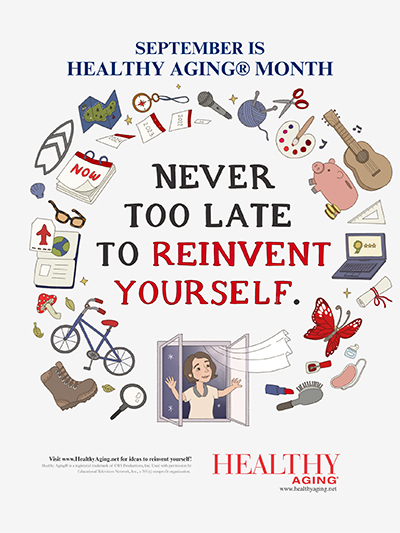
Photo: Deposit Photos
Your brain is one of the most vital parts of your body-when was the last time you got a healthy brain checkup?
As part of National Alzheimer’s Awareness Month in November, the Alzheimer’s Foundation of America (AFA) is encouraging people nationwide to get a free, virtual memory screening. AFA is offering free screenings every Monday, Wednesday and Friday.
How the Screenings Work
Memory screenings are conducted one-on-one through secure videoconference in real-time and can be done in English or Spanish. Appointments can be made by calling AFA at 866-232-8484. The free program is open to everyone: there are no minimum age or insurance requirements. A computer, smartphone or tablet containing a webcam is needed to participate in the program. Appointments are required and scheduled on a first-come, first-served basis.
“Just as we get regular screenings for other parts of our bodies, we need to make sure we get a checkup from the neck up as well,” said Charles J. Fuschillo, Jr., AFA’s president and CEO. “If you’re having memory issues, it’s important to get them checked out; if you’re not, it’s still valuable to get a baseline. Be proactive about your brain health during Alzheimer’s Awareness Month and get a memory screening.”
Memory screenings are simple, quick and noninvasive, and consist of a series of questions to gauge memory, language, thinking skills and other intellectual functions. The memory screening takes approximately 10-15 minutes and is confidential.
Memory screenings are an important part of health and wellness and are similar to other routine health screenings, such as those for blood pressure, cholesterol and skin checks. Results are not a diagnosis, but a memory screening can suggest if someone should see a physician for a full evaluation.
The Importance of Early Detection
Early detection matters when it comes to memory issues. Oftentimes, memory problems can be caused by treatable or curable conditions, such as a vitamin deficiency or thyroid problem. If the memory problems are the result of something such as Alzheimer’s disease, early detection can enable the person to begin medications sooner, provide greater opportunity to participate in a clinical trial, and allow them to take a more active role in making health, legal and financial decisions.
For more information about memory screenings, Alzheimer’s disease, or support services available to help families affected by Alzheimer’s, visit AFA’s website at www.alzfdn.org or call AFA’s Helpline at 866-232-8484.














